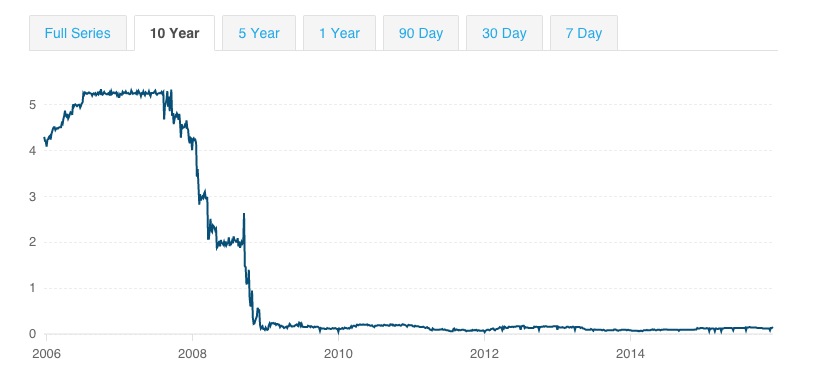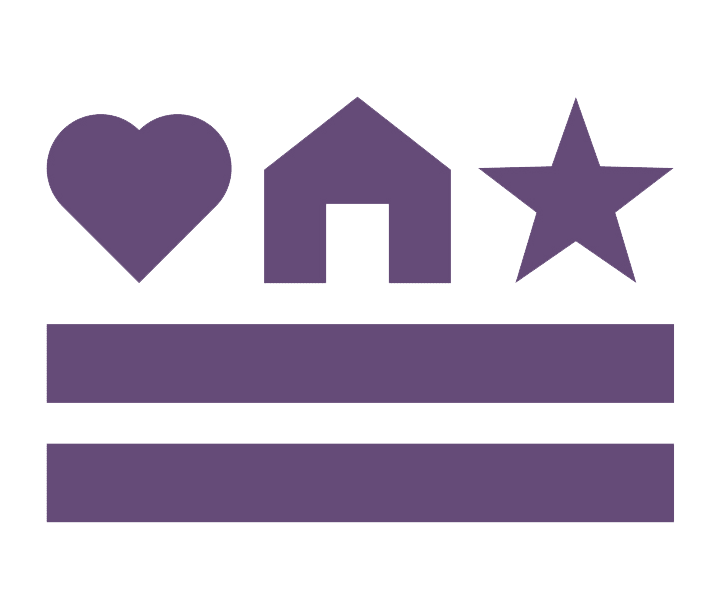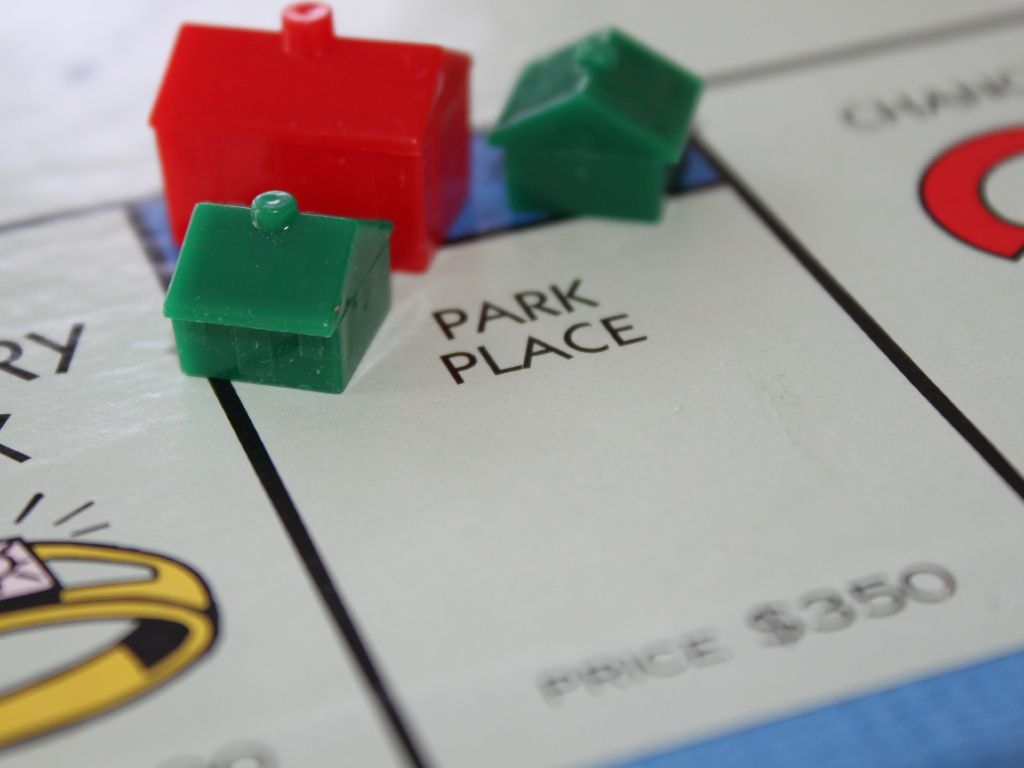4 reasons NOT to worry about the Fed rate hike
As someone looking to buy a home in the next year, should I be worried about the Fed's announcement about raising rates?
While the media may make it seem like this announcement is the equivalent of a D-Day for prospective buyers, we're here to tell you it's not, and to keep it in perspective.
Here are four reasons why you should NOT worry about the rate hikes:
1. Interest rates remain low, VERY low.
Yet the overreaction and increased anxiety is mainly attributed to the fact that it is the first time in seven years that the Fed rate is not at 0%. Take a look at the 10 year chart below:

"As a whole, rates were lower in 2015 than 2014, so while rates are rising, they are still lower than they were last year. Additionally, with the average 30 year fixed being around 4% today, they are still much lower than in 2008 when they were at a 6% level." - Jake Ryon
2. Mortgage rates are loosely impacted in the short-term by Fed rate hikes.
Even though the global financial systems are sensitive to any interest rate movement by the Fed, the scope of that impact is varied depending on the type of market.
In fact, Thursday's mortgage rates went down slightly which contrasts heavily with the attention-grabbing increase from the Fed.
Jake Ryon, loan officer from First Home Mortgage had this to say regarding mortgage rates:
"Mortgages are typically bundled and sold as MBS (Mortgage Backed Securities), which is security backed by the mortgage. Interest rates usually fluctuate with the 10 year treasury bond because they are both generally stable and low risk investments."
Matthew Graham, from Mortgage News Daily, says:
"Mortgage rates do, in fact, care about the Fed rate to some extent. They're simply not joined at the hip."
3. 0.25% is not a large increase.
For a loan amount of $400,000, an interest rate increase from 4% to 4.25% increases a borrower's total monthly payment by $58/month. For a loan amount of $300,000 this increase is $44.
While most will agree that spending less on a housing payment per month is better, for borrowers with the loan amounts that we see most frequently, this increase doesn't result in a substantially higher monthly payment.
"The interest rate impact on the typical household from a quarter percentage point move is almost inconsequential. Most people won't even notice." - Greg McBride, chief financial analyst at Bankrate.com
4. This increase indicates that the economy has strengthened, and symbolically ends the last remaining hangover of the financial crisis.
Jake Ryan adds that "rates typically go up when there is good economic news because there is a fear of inflation (i.e more jobs added in a month than expected), while rates typically fall due to negative economic news (i.e. unemployment was higher than expected)."
Most economists expect the increase in interest rates to be accompanied by an increase in consumer spending and a decrease in unemployment. Additionally, an anticipated slight rise in wages and lower gas prices are factors that aid consumer confidence.
Interested in learning more about interest rates? We thought this post was a great resource: https://www.simple.com/blog/why-do-interest-rates-...
Here are some other informative links about this issue:
https://fortune.com/2015/12/16/feds-rate-hit-you/
https://www.mortgagenewsdaily.com/consumer_rates/54...




.jpg?w=128&h=128)

